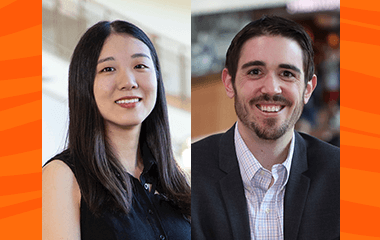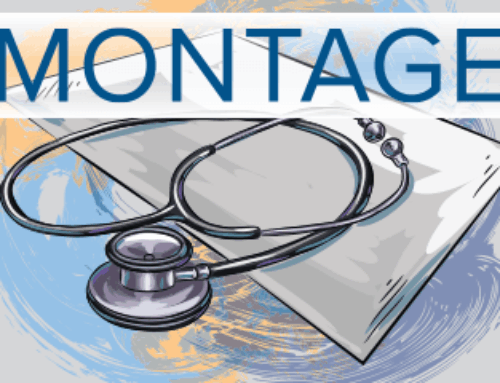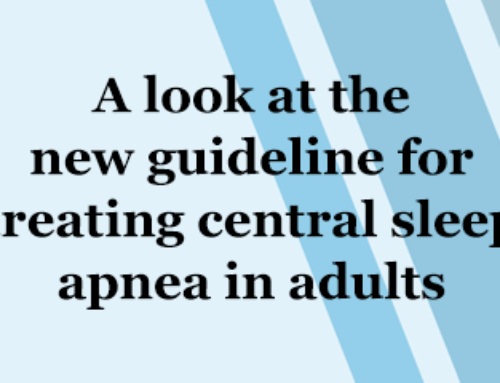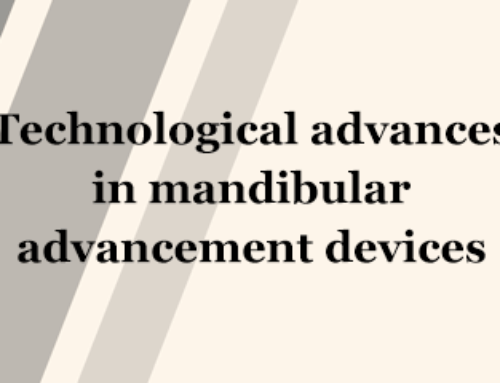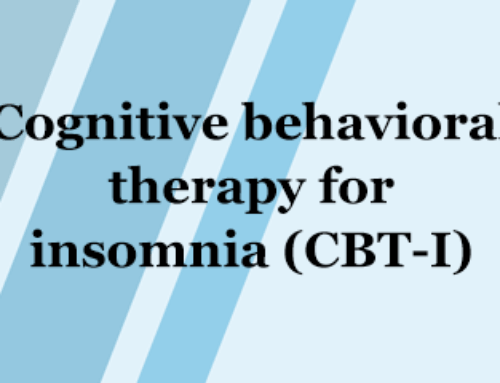By Chenlu Gao, PhD, and Michael K. Scullin, PhD
Most Americans observe daylight saving time (DST) with biannual adjustments in clocks. While DST was initially introduced to save energy and provide more evening light, its unintended negative effects have been increasingly recognized. For example, the spring transitions into DST disrupt natural sleep patterns, often causing mild sleep loss and circadian misalignment.
Sleep deprivation and circadian misalignment have been linked to compromised psychosocial and cognitive functioning, leading to increased workplace errors and altered judgments. In 2019, an experiment conducted by our colleague Stacy Nguyen, MD, revealed that mild sleep loss alters people’s perceptions of the severity of medical malpractice incidents. Nearly all surgeons and approximately half of physicians face malpractice lawsuits at some point in their careers, and understanding the factors that contribute to risk for these incidents and subsequent malpractice litigation decisions has legal, economic and health implications.
Inspired by Nguyen’s findings, we saw DST as an opportunity to investigate whether mild sleep loss and circadian disruptions were associated with medical malpractice incidents and perceptions of their severity, on a generalizable scale. We specifically tested four research questions:
- Are malpractice incidents perceived as more severe following the spring DST transition?
- Do medical professionals make more severe errors following the spring DST transition?
- Are malpractice incidents perceived as more severe during DST months compared to standard time months?
- Do medical professionals make more severe errors during DST months than during standard time months?
To answer these questions, we analyzed three decades of malpractice data from the National Practitioner Data Bank, including 288,432 claims. We tested both the acute effects of the spring DST transition and the chronic effects of DST months on malpractice incidents and judgments. To measure severity, we used claim payment amounts, with higher payments indicating greater malpractice severity. Additionally, we compared states observing DST to those that did not, assuming that both seasonal effects (e.g., changes in photoperiod and disease prevalence) and DST-specific effects influenced DST-observing states, whereas only seasonal effects impacted non-observing states.
We found that relative to non-observing states, the transition into DST was associated with a relative increase in malpractice claim payments, indicating that mistakes were perceived as more severe following mild sleep loss. These findings converged with Nguyen et al.’s laboratory experiment. Fortunately, there was no evidence of medical professionals making more severe mistakes following the spring DST transition.
Next, we cross-sectionally examined malpractice claim payments and incident severities during the seven to eight months of DST versus the four to five months of standard time. The data show that malpractice claim payments and incident severity during DST months were higher and more severe on average than those during standard time months.
These findings have implications for health policy and medical practice. Even minor sleep disruptions can increase malpractice claim payment decisions, potentially reflecting a lower tolerance for medical errors during periods of mild sleep loss. This finding aligns with research in criminal justice, in which judges delivered harsher sentences following the spring DST transition, likely due to reduced empathy or altered socioemotional processing under mild sleep restriction. Sleep deprivation may also influence negotiations, making patients and families less willing to settle with lower compensations. Furthermore, during the seven to eight DST months, biological clocks become mildly and chronically misaligned with social clocks, which has the potential of subtly impairing cognitive performance and shaping socioemotional decision-making.
This study also adds to the broader conversation on DST’s effects on health and safety. With growing evidence of its short-term and long-term adverse effects, our study reinforces the advocacy of sleep and medical organizations, including the American Academy of Sleep Medicine, to abolish DST in favor of permanent standard time.
Chenlu Gao, PhD, is a postdoctoral researcher in the department of anesthesia, critical care and pain medicine at Massachusetts General Hospital and research fellow in the division of sleep medicine at Harvard Medical School.
Michael Scullin, PhD, is an assistant professor of psychology and neuroscience at Baylor University.

